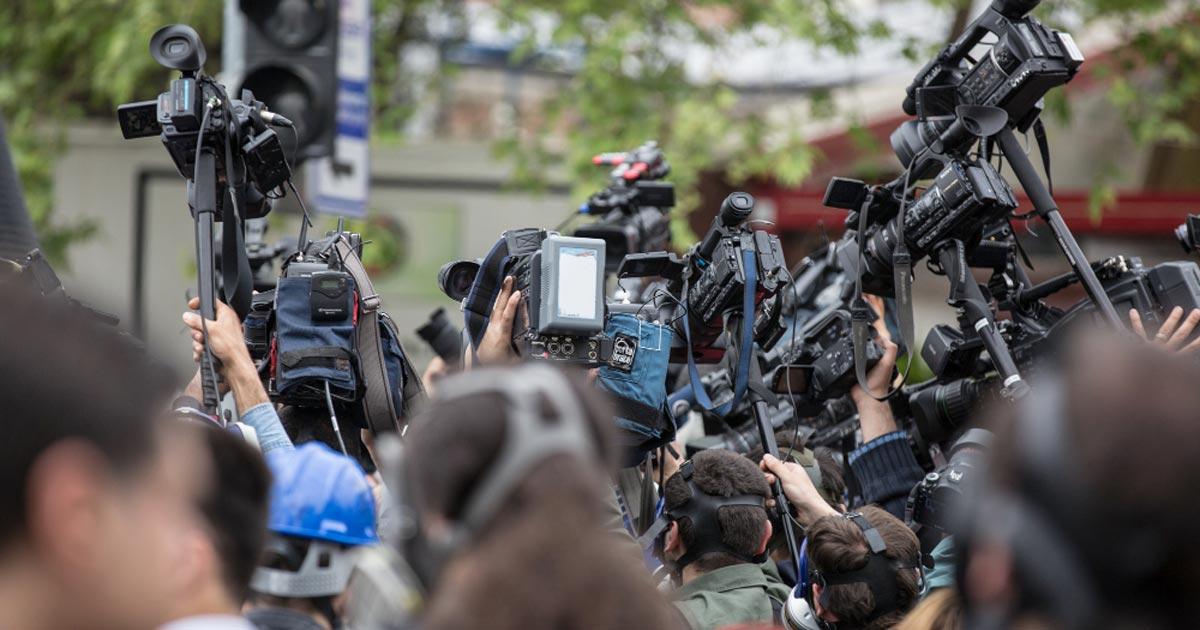
Introduction
Media plays a crucial role in modern politics, shaping public perception, influencing elections, and even impacting government policies. With the rise of digital platforms, the speed and reach of political messaging have increased dramatically. However, concerns about media bias, misinformation, and ethical responsibility remain at the forefront. This article explores how the media influences political opinions, the role of traditional versus digital media, and the challenges posed by bias and misinformation.
How Media Shapes Political Opinions
Media serves as the bridge between politicians and the public, providing information on policies, campaigns, and government actions. The way news is presented—its tone, framing, and coverage—can significantly influence public perception.
1. Agenda Setting
– Media outlets determine which issues receive attention, influencing public discourse.
– Example: The coverage of climate change, immigration, or economic policies can shape voter priorities.
2. Framing and Narrative Building
– The language used in news reports affects how audiences interpret events.
– Example: Describing protests as “peaceful demonstrations” versus “violent riots” impacts public opinion.
3. Confirmation Bias and Echo Chambers
– People tend to consume media that aligns with their existing beliefs, reinforcing their views.
– Example: Conservative audiences may prefer Fox News, while liberal audiences turn to MSNBC or CNN.
Traditional vs. Digital Media: A Shifting Landscape
Political media has evolved from newspapers and television to social media and digital news platforms, creating new opportunities and challenges.
1. Traditional Media (Print, Radio, TV)
– Still influential, especially among older demographics.
– Journalistic standards and editorial oversight help maintain credibility.
– Example: Major newspapers like The New York Times and The Wall Street Journal impact political debates.
2. Digital Media and Social Platforms
– Social media enables rapid information dissemination but also fuels misinformation.
– Political campaigns use targeted ads to influence specific voter groups.
– Example: The role of Facebook and Twitter in the 2016 U.S. presidential election raised concerns about foreign interference.
Media Bias and Its Impact on Politics
Media bias is an ongoing concern, with accusations of partisanship and ideological leanings influencing public trust.
1. Partisan Media Outlets
– Some news organizations are perceived as leaning toward specific political ideologies.
– Example: Fox News is seen as conservative-leaning, while CNN is often viewed as liberal.
2. Sensationalism and Clickbait
– To attract viewers, some media outlets prioritize sensational stories over balanced reporting.
– Example: Exaggerated headlines or selective reporting to provoke emotional reactions.
3. The Role of Fact-Checking and Misinformation
– Misinformation spreads quickly, especially on social media, making fact-checking crucial.
– Example: Fake news about election fraud has influenced public trust in democratic processes.
Case Studies: Media’s Influence on Political Events
1. The Watergate Scandal (1970s)
– Investigative journalism by *The Washington Post* led to President Nixon’s resignation.
– Highlighted the importance of a free press in holding leaders accountable.
2. The Arab Spring (2010-2012)
– Social media platforms like Facebook and Twitter helped mobilize protests.
– Demonstrated the power of digital media in political activism.
3. 2016 U.S. Presidential Election and Fake News
– Misinformation campaigns, including Russian interference, influenced voter perceptions.
– Led to increased scrutiny of social media platforms.
Ethical Responsibility and the Future of Political Journalism
To maintain credibility and trust, media outlets must prioritize ethical journalism and transparency.
1. Promoting Media Literacy
– Educating the public on how to critically assess news sources.
2. Strengthening Fact-Checking Initiatives
– Platforms like Snopes and FactCheck.org help verify political claims.
3. Regulating Misinformation Without Censorship
– Balancing free speech with responsible content moderation on social media.
Conclusion
Media remains one of the most powerful tools in shaping political opinions. While it provides essential information, the presence of bias, misinformation, and sensationalism challenges democratic processes. As the media landscape continues to evolve, maintaining journalistic integrity and public awareness will be critical in ensuring an informed electorate.





